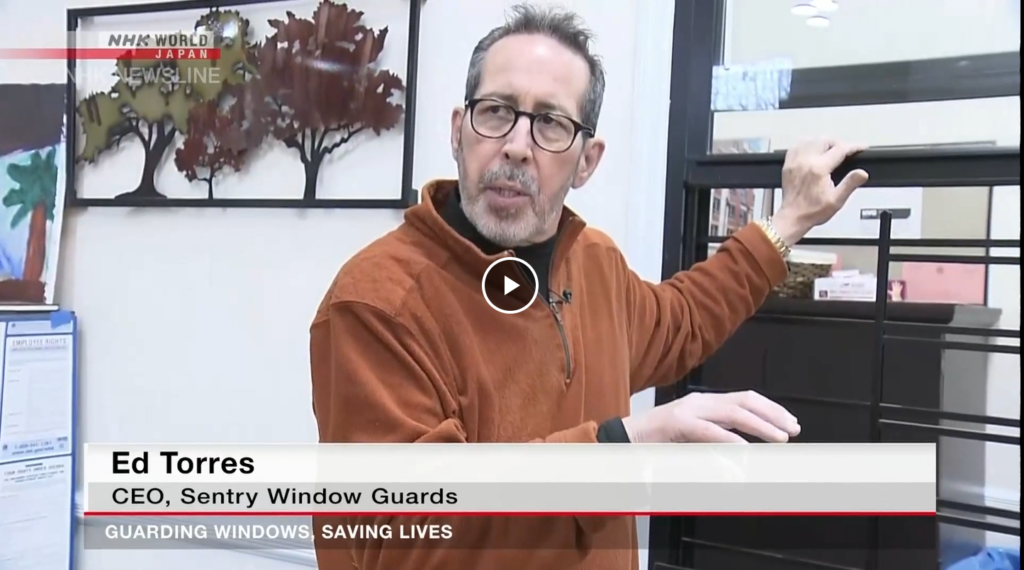Window Safety Week was established in 1997 to spread awareness about the role of windows in escaping a fire or in other emergencies and to safeguard against accidental window falls. It is no coincidence that this week is held at the beginning of spring when many choose to open their windows to let in fresh spring air. Spend some time going through these tips to learn how to observe window safety year round.
Preventing Falls From Windows
Every year, over thousands of children younger than 18 years of age are treated in U.S. hospital emergency departments for injuries related to falls from windows. With the right habits and preventative measures put in place, almost all of these accidents and injuries are avoidable.
- Never leave small children unattended around open windows.
- Windows should be closed and locked when they are not in use.
- Whenever possible, open windows from the top instead of the bottom.
- Use window stops to prevent windows from opening more than four inches. Window stops can allow you to enjoy a fresh breeze while ensuring windows won’t open wide enough to invite a fall.
- Keep children’s play areas away from windows.
- To help prevent children from climbing up to an open window, don’t place furniture near windows.
- Don’t rely on insect screens to prevent a window fall. Screens alone cannot support the weight of a child.
- Create soft landing surfaces such as bushes or plant beds under windows to help prevent serious injuries in case of a fall.
- Discuss with older children and teenagers the dangers of climbing out of or jumping from windows for any reason other than an emergency.
- Properly installed window guards are your best defense in preventing window falls.
Establishing an Emergency Escape Route
If a disaster such as a fire breaks out in your home, you may have only a few minutes to get out safely. This is why having and practicing an escape plan is so important. According to an NFPA survey, while 71% of Americans have an escape plan in case of a fire, only 45% of those have practiced it. Both planning and practicing are important, especially if there are young children or anyone with mobility issues in the home.
- Draw a map of your home, indicating all windows and doors. As a family, visit each room of your home and find two ways out, labeling them on your map. Make sure windows and doors required for an escape are all accessible and at least one window in each bedroom meets escape and rescue requirements.
- Teach children who are old enough how to properly and safely open windows during an emergency situation. Provide emergency escape ladders in upper story windows where needed and teach everyone in the family how to use them.
- Decide upon and draw up a meeting place outside of your home for everyone to gather after an evacuation. This can be a tree, light pole, or mailbox that is a safe distance away from the front of your home. Teach everyone to NEVER go back inside a burning building. Once they are out, stay out.
- Practice your home fire drill at least twice a year. Practice once at night and once during the day with everyone in your home, and practice using different ways out. During the drill, test the smoke alarms so that everyone knows the sound.
At Sentry Window Guards, our business is to keep your family safe by preventing window fall accidents from occurring. To help spread the word about National Window Safety Week, make sure to share these tips with everyone you know. For more information regarding our window guard products and our expertise in understanding NYC safety requirements, contact us today!









